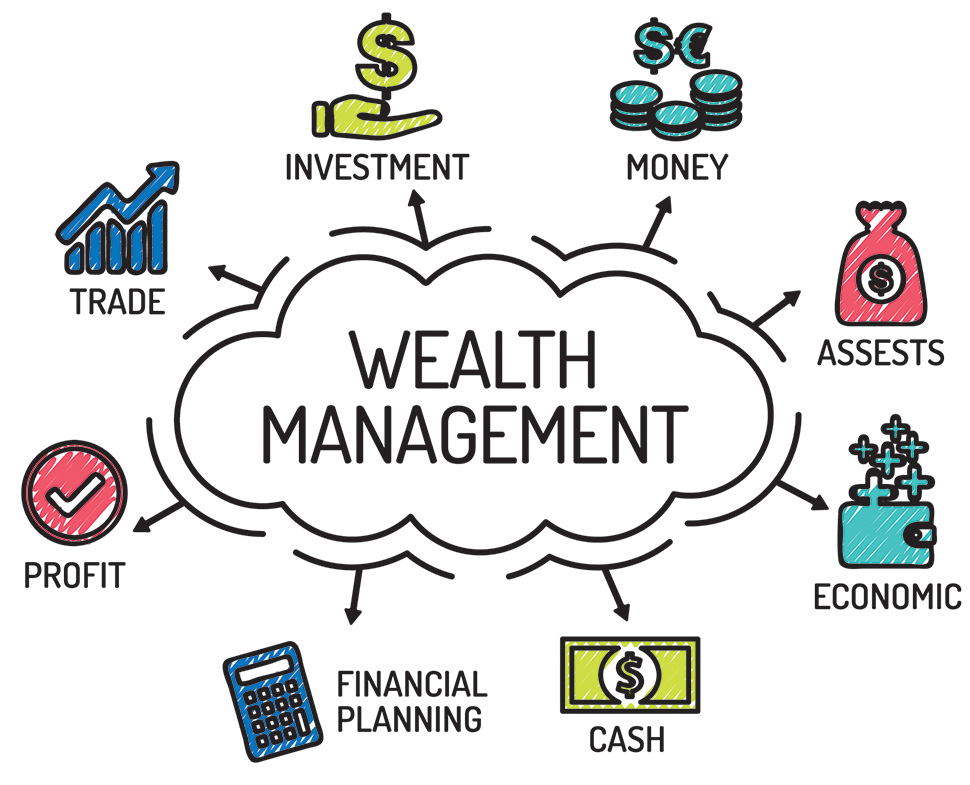Crypto Boom Poses New Challenges to Financial Stability
As crypto assets take hold, regulators need to step up.
Crypto assets offer a new world of opportunities: Quick and easy payments. Innovative financial services. Inclusive access to previously “unbanked” parts of the world. All are made possible by the crypto ecosystem. But along with the opportunities come challenges and risks.









